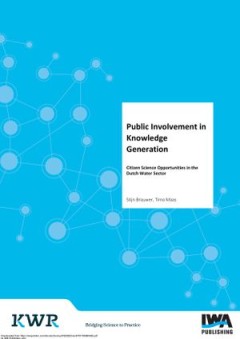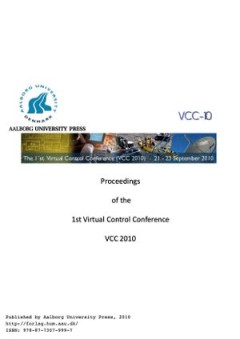Filter by

Being a Slave: Histories and Legacies of European Slavery in the Indian Ocean
This multidisciplinary volume brings together scholars and writers who try to come to terms with the histories and legacies of European slavery in the Indian Ocean. The volume discusses a variety of qualitative data on the experience of being a slave in order to recover ordinary lives and, crucially, to place this experience in its Asian local context. Building on the rich scholarship on the sl…
- Edition
- -
- ISBN/ISSN
- 9789087283445
- Collation
- -
- Series Title
- -
- Call Number
- -

Asylum Related Organisations in Europe: Networks and Institutional Dynamics i…
Asylum and refugees in Europe – who can fix a broken system? In times of increasing waves of migration, collective bodies and their cooperation networks are of particular importance to the European asylum system. But who are those actors and what is their contribution to effecting a change in the situation of those seeking refuge in Europe? While the Common European Asylum System introduced s…
- Edition
- -
- ISBN/ISSN
- 9783848736249
- Collation
- -
- Series Title
- -
- Call Number
- -

Armed Conflict and Environment: From World War II to Contemporary Asymmetric …
This study is the first to analyse the manifold interrelations between armed conflicts and the human and natural environments both historically and sociologically. While most research to date has dealt with this topic primarily with regard to environmental destruction caused by acts of war or armament in peacetime, this publication goes one step further by highlighting the historical changes to…
- Edition
- -
- ISBN/ISSN
- 9783848751914
- Collation
- -
- Series Title
- -
- Call Number
- -

Academia in Transformation: Scholars Facing the Arab Uprisings
Popular uprisings in the Middle East and North Africa (MENA) have had a deep impact, not only on the societies and political structures in the respective countries there, but also on different academic disciplines. The events that started in 2010 in Tunisia have altered academic terminology, contributed to a shift in study focus and sometimes challenged dominant theoretical approaches. The book…
- Edition
- -
- ISBN/ISSN
- 9783848728299
- Collation
- -
- Series Title
- -
- Call Number
- -
 Computer Science, Information & General Works
Computer Science, Information & General Works  Philosophy & Psychology
Philosophy & Psychology  Religion
Religion  Social Sciences
Social Sciences  Language
Language  Pure Science
Pure Science  Applied Sciences
Applied Sciences  Art & Recreation
Art & Recreation  Literature
Literature  History & Geography
History & Geography